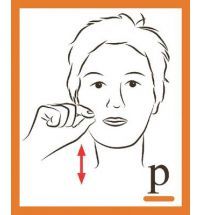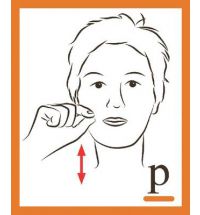
Vowels and consonants are distinguished in this way: vowels carry the emotion and the music while consonants carry the intent and the meaning. To a person, either their vowels are more meaningful or their consonants are more meaningful. But to get the vowels and consonants in order and to really use them you have to work the muscularity of the tongue. For the vowel you’re using the bulge of your tongue. There’s high front vowels and high back vowels. For consonants the tongue touches difference parts of the mouth. For instance the “z” is made from the vibration behind the teeth and the upper back molars.
Rudolph Steiner wrote a book called Speech and Drama. He said that each vowel at the bottom had a particular weight and feeling, but I think most people don’t know how to use the vowels. To feel that bottom. And if we did, it would transform our language and our connection to the language.
Connecting to your voice allows you to connect more fully to who you are and to the power and the beauty of language. I love to memorize poetry just so that I can feel the poet in me and it feels like a god’s voice is going through me. In Shakespeare, when you really allow yourself to go into a line of poetry and really use the vowels and consonants and the poetic values, the onomatopoeia, the alliteration, the assonance, a whole other person comes out.
What has you experience studying voice been like for you?



